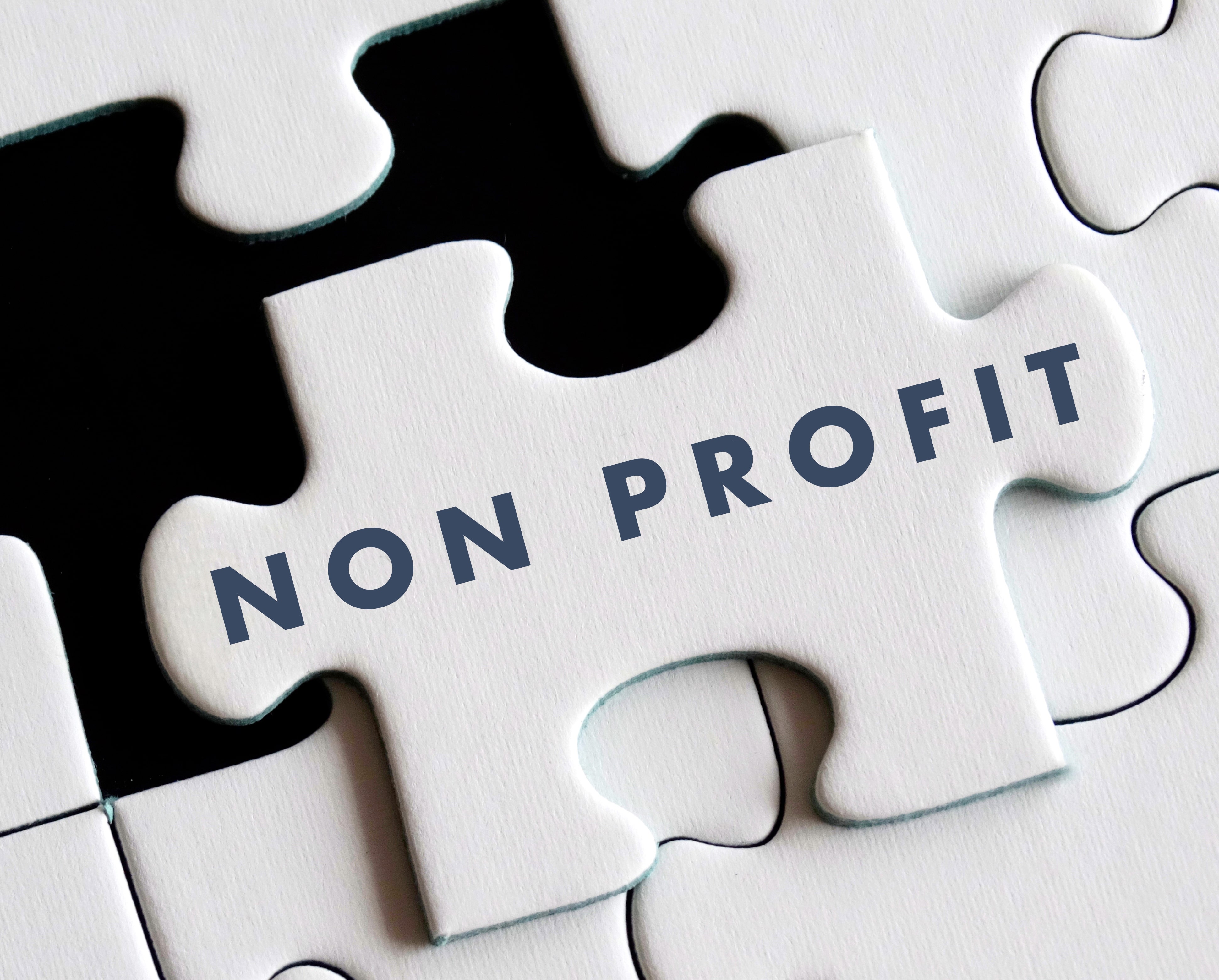Businesses commonly sponsor concerts, fairs, and other events to support nonprofit organizations. However, if these sponsorships do not meet certain specifications, the Internal Revenue Service (IRS) will consider their donations or participation in these events taxable income for the nonprofit. As a result, nonprofits should be aware of the potential tax consequences when they receive payment from businesses to sponsor their events and work to avoid them if possible.
Tax-Free Gift or Taxable Advertising Payment for Your Nonprofit?
The IRS will look at business or corporate sponsorship of a nonprofit event to determine whether it represents a tax-free gift or charitable contribution, or a taxable advertising payment. The key to this distinction is whether the corporate sponsor expects a “substantial return benefit” for its payment, in which case it is taxable income for the nonprofit reportable on IRS Form 990-T.
Tax-Free Gifts or Charitable Contributions and Your Nonprofit
Sponsorship payments by businesses that support work to carry out a nonprofit organization’s mission are generally tax-free gifts or charitable contributions for the nonprofit if they meet specific requirements. One way to ensure that a sponsorship payment is a tax-free gift is to meet the IRS definition of “qualified sponsorship payments.” The nonprofit then would acknowledge the payment as it would any other charitable contribution that it receives from any other source.
The IRS considers a “qualified sponsorship payment” as any payment made by a person operating a business in which they do not expect that they will receive any substantial benefit in return for the payment. The only benefit that the business can expect to derive is acknowledgment of its name or logo in connection with the organization receiving the payment.
The following factors would not cause a qualified sponsorship payment to lose its character and become taxable income:
- Inclusion of the sponsor’s contact information, logo, and website address in printed media or on the nonprofit’s website
- Neutral displays or distribution of product samples from the sponsor at the organization’s event
- A link to the home page of the sponsor’s general website, but not to a page where one can purchase products or services for the sponsor
Taxable Advertising Payments and Your Nonprofit
Generally, the substantial return benefit must exceed two percent of the amount of the payment to the organization for it to be taxable. As a result, a business could derive some substantial return benefit from its sponsorship payment through advertising or designation as the exclusive provider of the nonprofit’s services, as long as the value of that benefit is no more than two percent of the payment amount. To that end, businesses can still receive a small return benefit while the nonprofit can enjoy the sponsorship payment as a tax-free gift.
Various factors may lead the IRS to conclude that a sponsorship payment by a business is made with the expectation of a substantial return benefit and, therefore, taxable income. These factors include:
- Promises that the business that it will be the “exclusive” sponsor, which could confer a substantial return benefit
- Provision of prices, savings, endorsements, or inducements to buy a sponsor’s products
- Inclusion of a link on the nonprofit’s website to a webpage of the sponsor where it sells products or services or where a phone number to make orders is located
- Provision of more than token services or privileges to the sponsor in exchange for the payment
- Acceptance of a payment that is contingent on the level of attendance at an event
- Inclusion of advertising or acknowledgments of the sponsor in the nonprofit’s regularly scheduled publications
- Provision of specific advertising opportunities for the business in exchange for the payment
Nonprofits should keep in mind that other exemptions to unrelated business income tax exist. Therefore, if the sponsoring business is deriving a substantial return benefit that may exceed two percent of the sponsorship value, it is worth exploring whether another exemption might qualify the entire payment as a tax-free gift.
Call Us Today at Provident Law
Our Scottsdale law firm is here to provide you with legal representation tailored to the individual needs of your nonprofit or religious organization. Don’t hesitate to contact our offices today at (480) 388-3343 or online and see how we can help. We will be at your side to answer your questions and calm your concerns throughout every step of the legal process.


